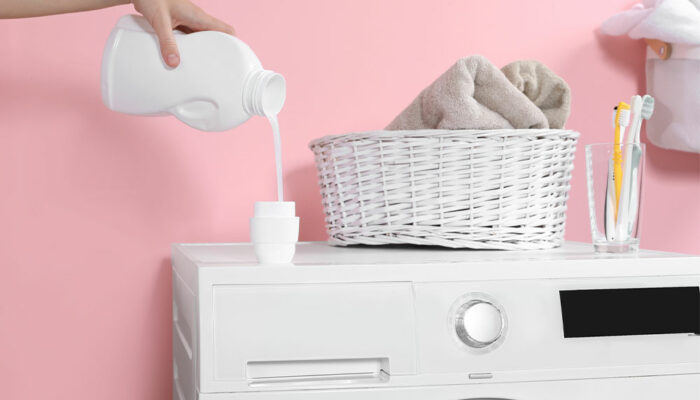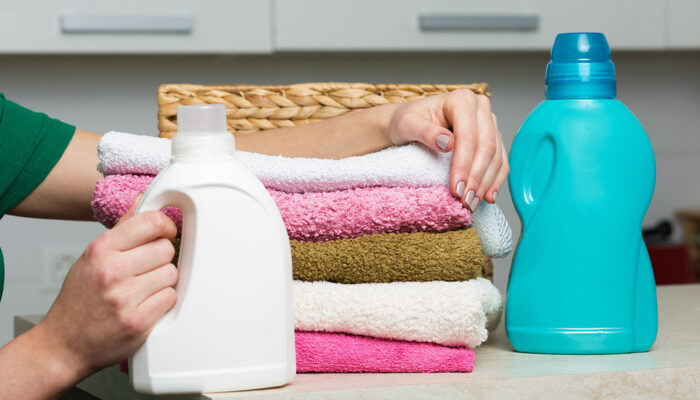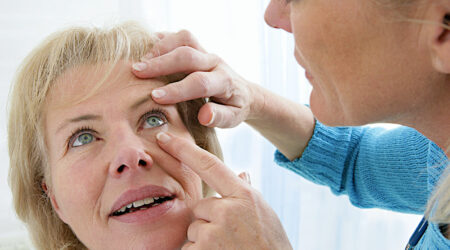
9 secrets to a good night’s sleep
To maintain good health, it is important to create a healthy sleep and wake-up schedule. Poor sleep can negatively impact hormonal balance, exercise performance, and even brain function. While many factors can interfere with the quality of your sleep — from responsibilities and stress to illnesses — there are several things you can do before bed for a good night’s sleep. Here are nine secrets and tips to help you sleep better at night.
Reduce your blue light exposure in the evening
The body has a natural circadian rhythm or a time-keeping clock, which governs the best time to sleep and wake up. Working according to this clock can help improve your productivity and energy levels during the day, as well as sleep quality and duration during the night. Exposure to bright lights in the evening or night can upset this rhythm and affect melatonin levels in the body.
Blue light is emitted by several electronic devices such as smartphones, laptops, and TVs. While avoiding them entirely during the evening may be difficult, the following tips may help:
- Wear glasses that block blue light
- Download an app on your phone or laptop that can block blue light
- Stop watching TV and turn off any bright lights at least two hours before bed
Don’t drink any liquids before bed
Drinking water or any liquids before bed is likely to increase your chances of waking up in the night to pass urine, thus disturbing your sleep. While it is important to stay hydrated, try to avoid drinking large amounts of fluids 1-2 hours before bedtime.
Set your bedroom temperature
The temperature of your room plays a major role in affecting the quality of your sleep. You may not be able to fall asleep comfortably when it’s too warm or too cold. For most people, 60-70℉ is the most comfortable temperature to induce quality sleep.









